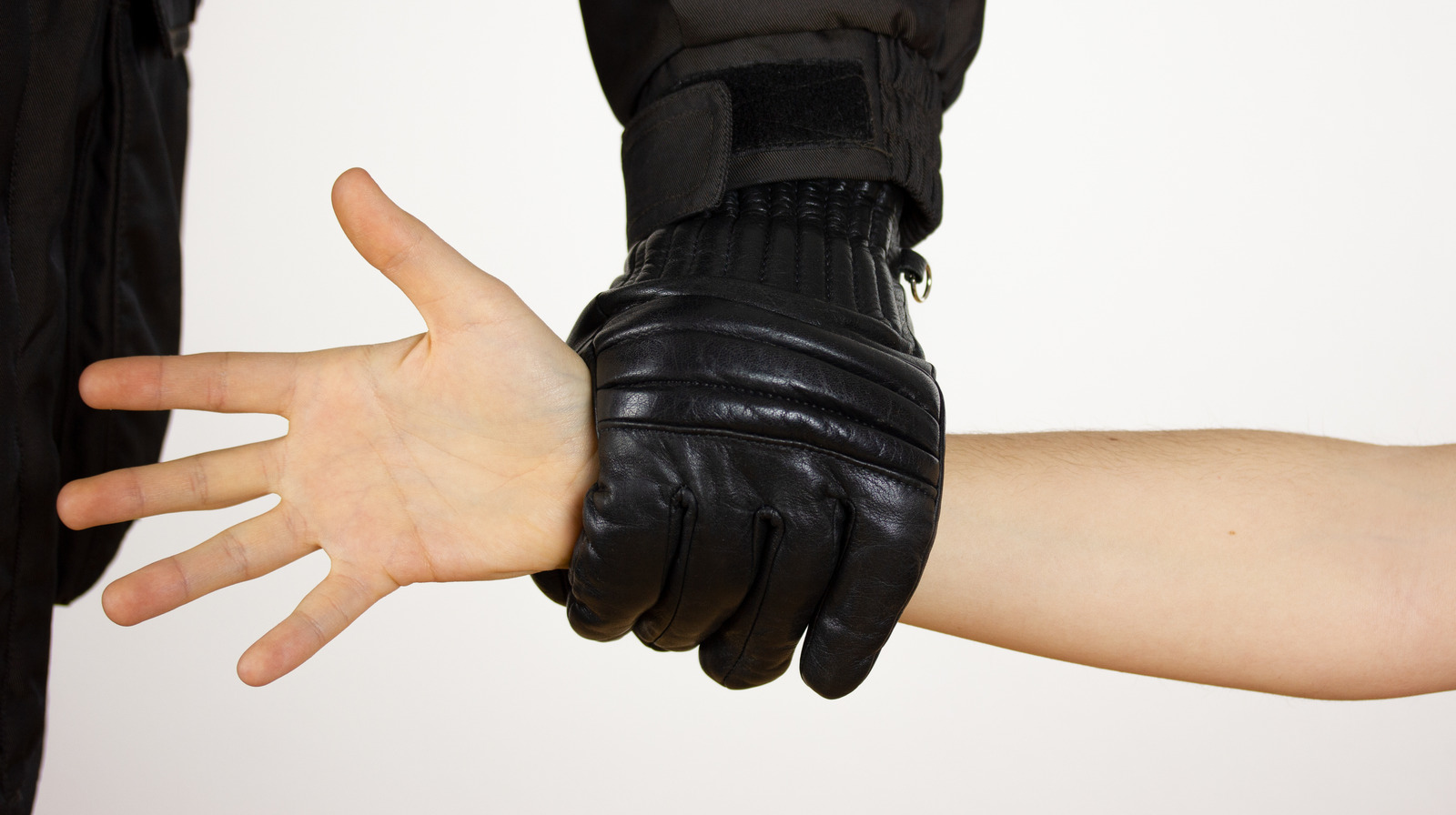
As the Audubon County Journal reported at the time, Cudahy’s insistence on following the ransom note to the letter was both frustrating — they could have caught the kidnappers that night — and understandable. Apparently, the note had threatened unspeakable revenge against the boy if Cudahy Sr. didn’t behave himself, including “burning out the boy’s eyes.”
READ RELATED: The Surprising Reason Clyde Barrow Lost Two Of His Toes
As it happens, the Pinkertons and the police managed to apprehend one Pat Crowe, a man with a serious grudge against Cudahy (via the Nebraska State Historical Society). Crowe’s butcher shop had been put out of business by the massive Cudahy plant, where he later took a job, only to be fired for embezzlement. Crowe evaded Nebraska detectives until 1905, when he was arrested in Montana for robbery and shooting a policeman, according to the Nebraska State Historical Society.
At the time, Nebraska had no law against kidnapping — it had never happened in the state, and no one had thought to outlaw it. He was charged instead with robbery, for which he was acquitted. The sensational trial made Crowe a kind of perverse celebrity, and he tried to use his new fame to launch careers in acting and writing books. He would die alone in a New York City boarding house in 1938. Eddie Cudahy Jr., the kidnapped boy, would go on to enjoy a long and uneventful life.
Source:





